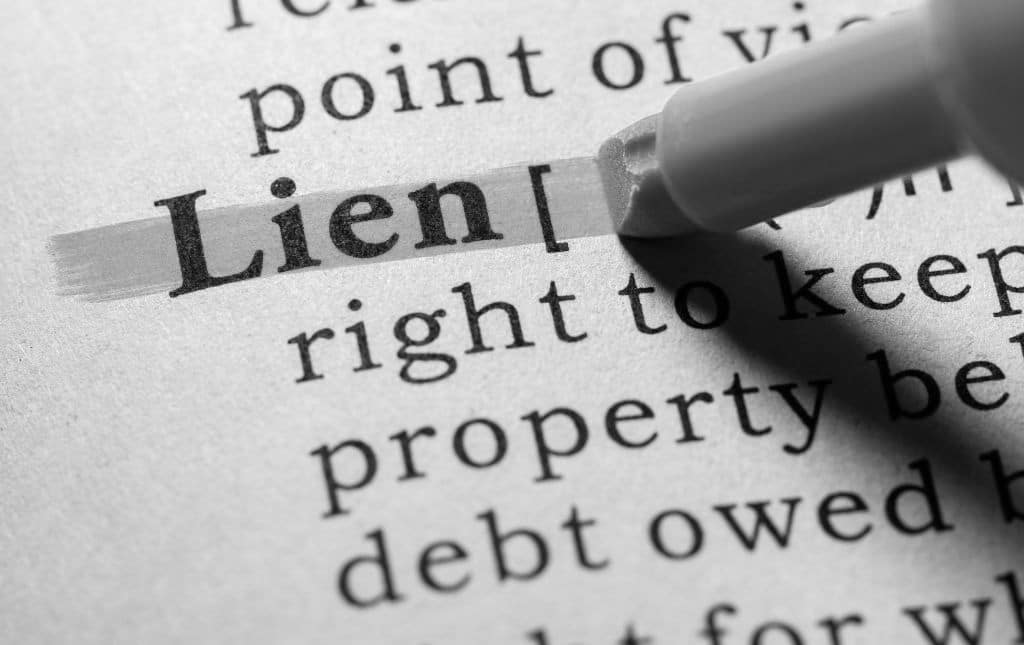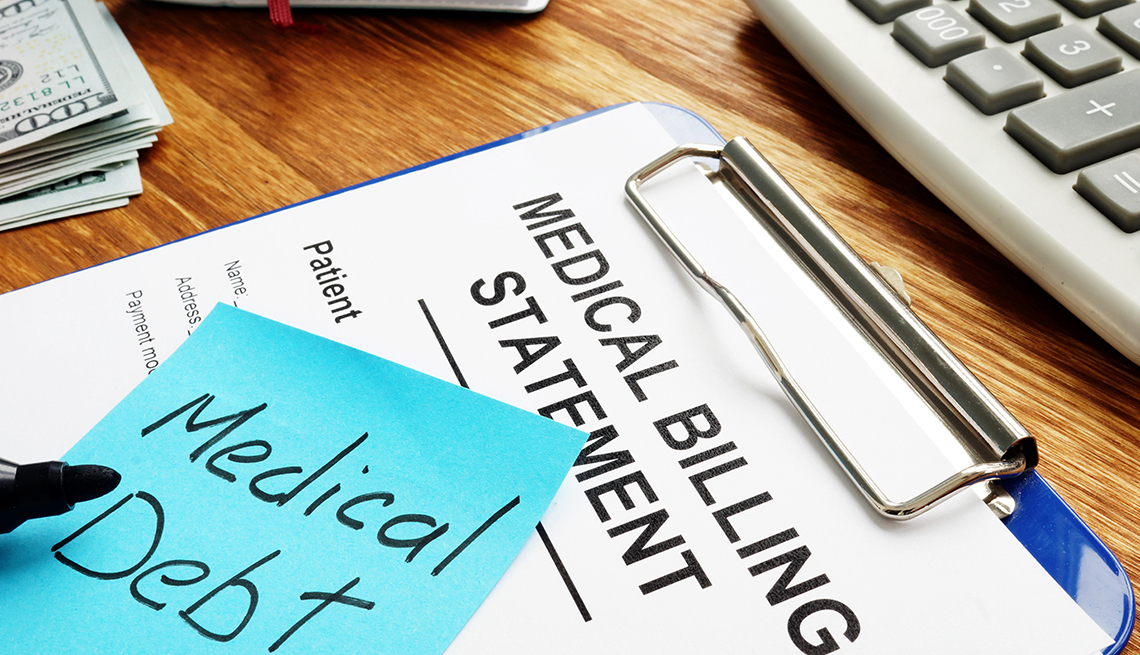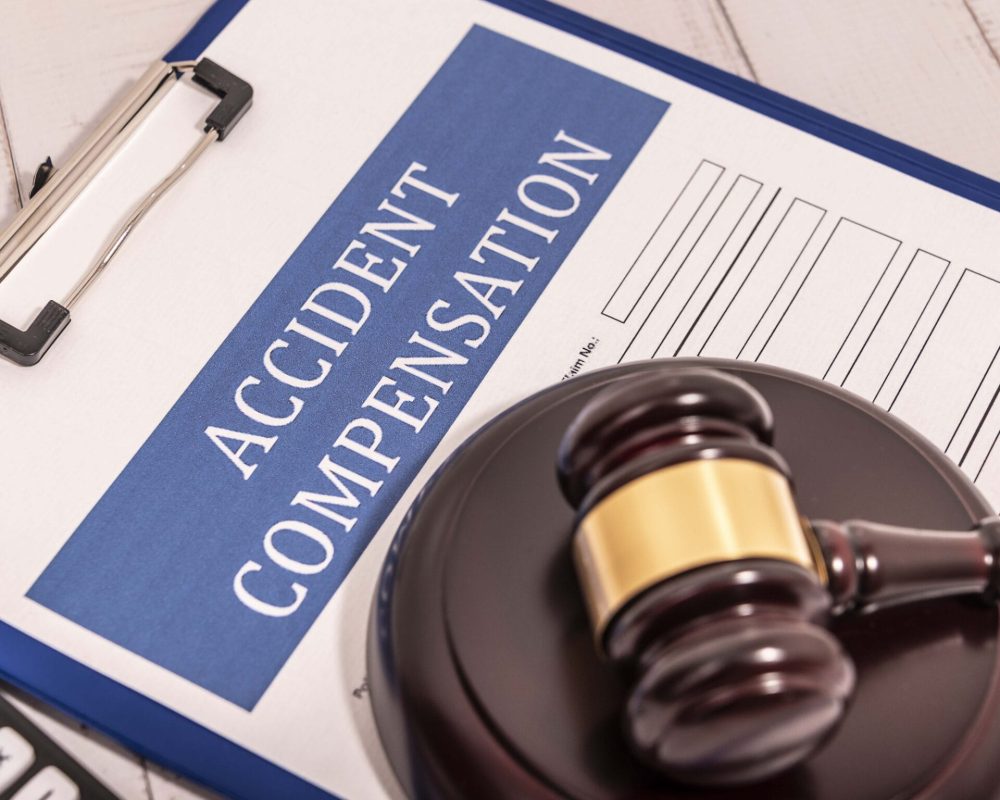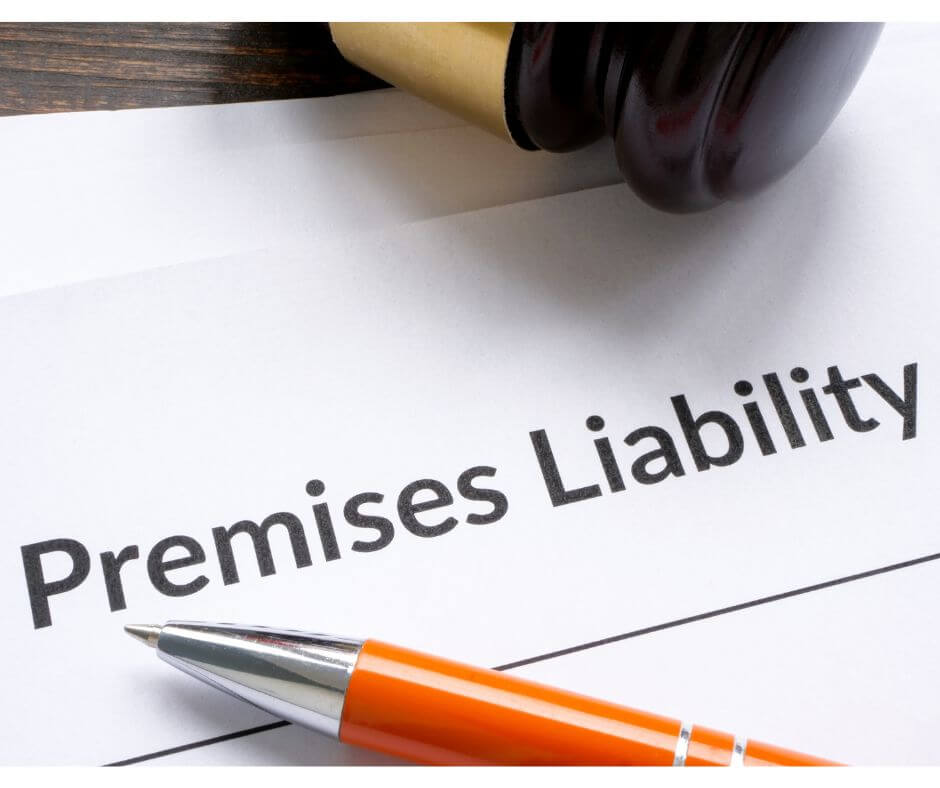
Lien
A lien is a legal claim or right placed on a person’s property by a creditor to secure payment of a debt. In personal injury cases, liens are often applied to settlements or judgments, allowing healthcare providers, insurance companies, or government agencies to recover costs related to medical treatment or other services provided to the injured party. Liens ensure that creditors are compensated for expenses incurred on behalf of the plaintiff, often from the settlement funds awarded in the case. At 770GoodLaw, we help clients manage and negotiate liens, ensuring that they receive the maximum possible compensation after their debts are settled.
Types of Liens in Personal Injury Cases
Several types of liens may be placed on personal injury settlements, each associated with a different type of creditor or service provider. Common types of liens include:
- Medical Provider Liens: Healthcare providers who treat the plaintiff’s injuries may file a lien to recover the cost of treatment from the settlement. These liens can include hospital bills, surgery costs, and rehabilitation expenses.
- Health Insurance Liens: Health insurance companies may place a lien on the settlement to recover funds spent on the plaintiff’s medical bills, as the insurer expects reimbursement from any damages awarded.
- Medicare and Medicaid Liens: Government programs like Medicare and Medicaid often file liens to recover expenses paid on behalf of the injured party, especially when a third party is responsible for the injury.
- Workers’ Compensation Liens: If the plaintiff received workers’ compensation benefits for an injury, the workers’ compensation insurer may file a lien to recover those benefits if the plaintiff receives a settlement from a third party.
- Attorney Liens: Attorneys may place a lien on the settlement to ensure they are paid for their services and legal fees before funds are distributed to the client.
How Liens Affect Personal Injury Settlements
Liens directly impact the final amount a plaintiff receives from a settlement, as the lienholder is legally entitled to payment before the plaintiff receives any remaining funds. Key effects of liens on settlements include:
-
Reduced Settlement Amount: Liens reduce the plaintiff’s final compensation by deducting amounts owed to creditors before the plaintiff receives their share.
-
Delayed Distribution: The settlement process may take longer if lien negotiations are required, as creditors often need to review and approve lien reductions.
-
Legal Requirement to Satisfy Liens: Plaintiffs are legally obligated to satisfy valid liens, as failure to pay can result in legal consequences, including additional financial penalties.
Steps in Managing and Negotiating Liens
Managing liens requires careful documentation, negotiation, and sometimes legal assistance to ensure that lienholders are fairly compensated without significantly impacting the plaintiff’s recovery. Key steps include:
- Identifying All Liens: Reviewing medical bills, insurance claims, and other financial documents helps identify existing liens that may apply to the settlement.
- Contacting Lienholders: Notifying lienholders of the pending settlement allows them to prepare necessary documentation and start the negotiation process if reductions are sought.
- Negotiating Lien Reductions: Attorneys often negotiate with lienholders to reduce the amount owed, particularly in cases where the plaintiff’s recovery is limited, maximizing the plaintiff’s final compensation.
- Filing Required Documentation: Ensuring that all required lien paperwork, including payment agreements and satisfaction documents, is filed with the court prevents future complications.
- Paying Lienholders from Settlement Proceeds: Lienholders are paid directly from the settlement before funds are disbursed to the plaintiff, ensuring compliance with legal requirements.
How 770GoodLaw Assists Clients with Lien Management
At 770GoodLaw, we understand that liens can significantly impact the final compensation our clients receive. Our team works to identify, negotiate, and manage liens, ensuring that clients retain as much of their settlement as possible. Our approach includes:
- Reviewing and Identifying Liens: We carefully review all medical bills, insurance claims, and financial documents to identify liens and determine their validity.
- Negotiating with Lienholders: Our attorneys work to negotiate lien reductions whenever possible, advocating for fair and reasonable repayment terms.
- Ensuring Compliance with Lien Laws: We ensure that all liens are properly documented and legally satisfied, preventing future financial or legal complications for our clients.
- Maximizing Client Recovery: By managing and negotiating liens effectively, we help our clients receive the highest possible amount from their settlements after satisfying any outstanding obligations.
Importance of Legal Representation in Cases Involving Liens
Managing liens in personal injury cases requires a thorough understanding of lien laws, creditor negotiations, and settlement distribution. Skilled legal representation ensures that liens are handled properly, maximizing the plaintiff’s recovery and preventing future disputes. At 770GoodLaw, we provide experienced support for clients dealing with liens, protecting their interests and securing fair outcomes.
Why Choose 770GoodLaw for Lien Management in Personal Injury Cases
Our commitment to Relentless Reliability and Sincetegrity drives us to provide comprehensive, client-centered support in cases involving liens. At 770GoodLaw, we help clients navigate the complexities of lien management, ensuring they receive the full value of their compensation after settling any obligations.






